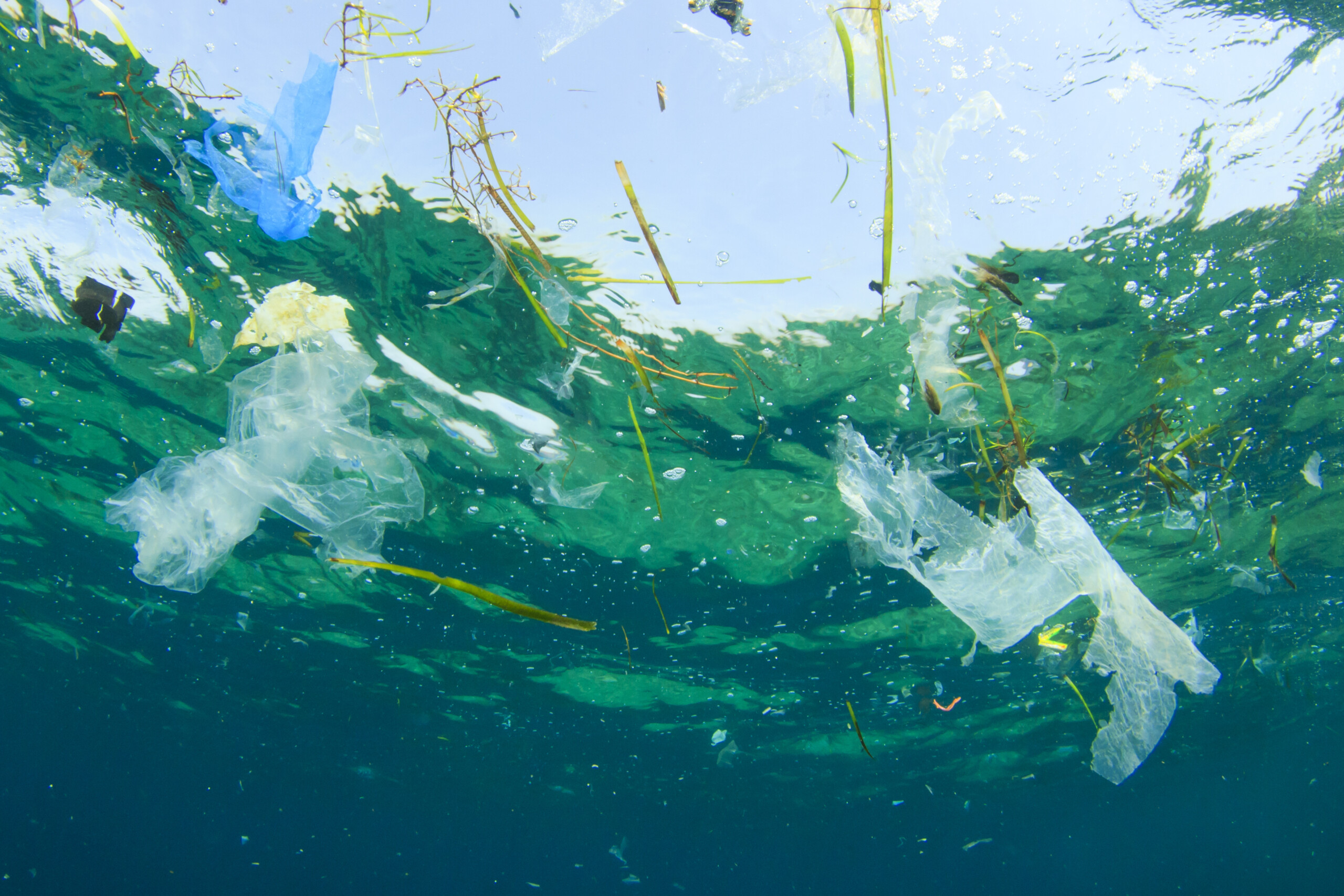Littering
European Bioplastics does not support any statements that advertise bioplastics as a solution to the littering problems. Littering refers to careless discarding of waste and is not a legitimate means of disposal.
Biodegradable plastics are often regarded as a possible solution to this problem as they can be decomposed by micro-organisms without producing harmful or noxious residue during decomposition. However, the process of biodegradation is dependent on certain environmental conditions. Products suitable for industrial composting (as defined according to the EN 13432 standard) are fit for the conditions in a composting plant, but not for those outside in nature.
It is imperative for the consumer to continue to be conscious of the fact that no matter what type of packaging, it must be subject to appropriate disposal and recovery processes. Landfilling is a hurdle to resource efficiency. Even though it is still one of the main disposal options in many countries in Europe, continual progress towards a phase-out can be observed. According to Plastics Europe, almost 25% of plastics waste was still being sent to landfill in 2022 compared to around 31% in 2014. European Bioplastics supports a European-wide ban on landfilling for plastic products and supports any measures in order to increase recycling and recovery of plastics waste.
In areas where separate biowaste collection exists, compostable biowaste bags can help divert biowaste – including the bags in which it is collected – from landfills, thereby reducing the number of plastic bags entering the marine environment in the first place. Yet, biodegradable plastics should not be considered a solution to the problem of marine litter. Littering should never be promoted or accepted for any kind of waste, neither on land nor at sea – including all varieties of plastics. Instead, the issue needs to be addressed by educative and informative measures to raise awareness for proper and controlled ways of management, disposal, and (organic) recycling.
For more information, see our position paper on marine litter.
